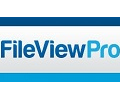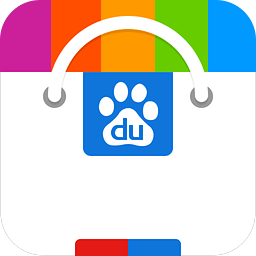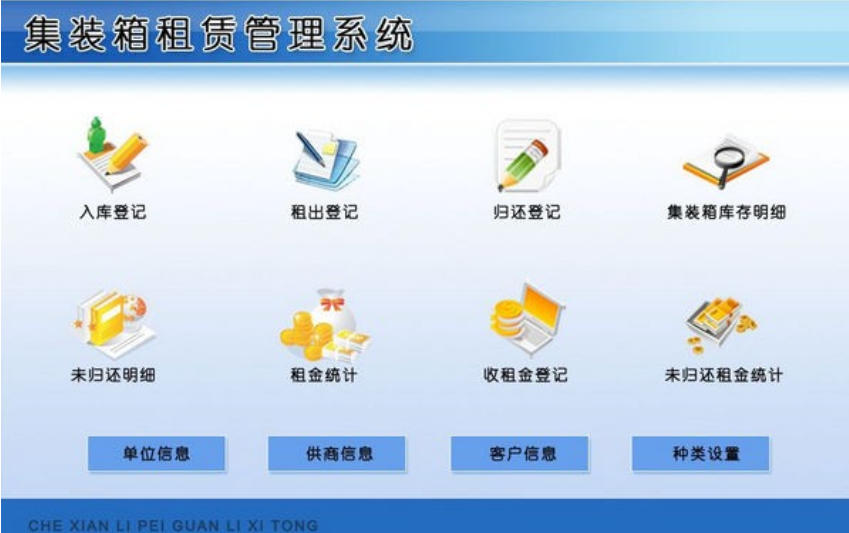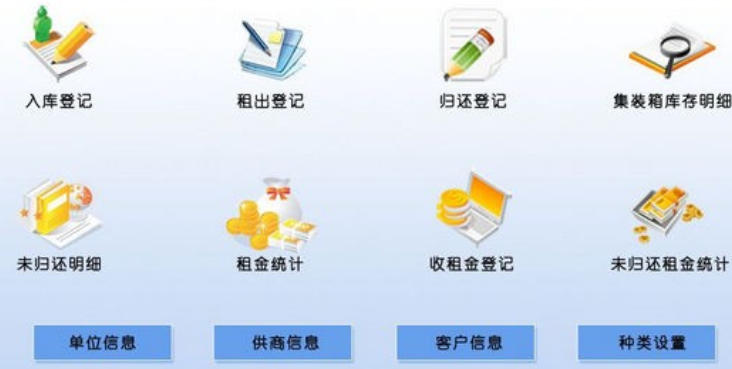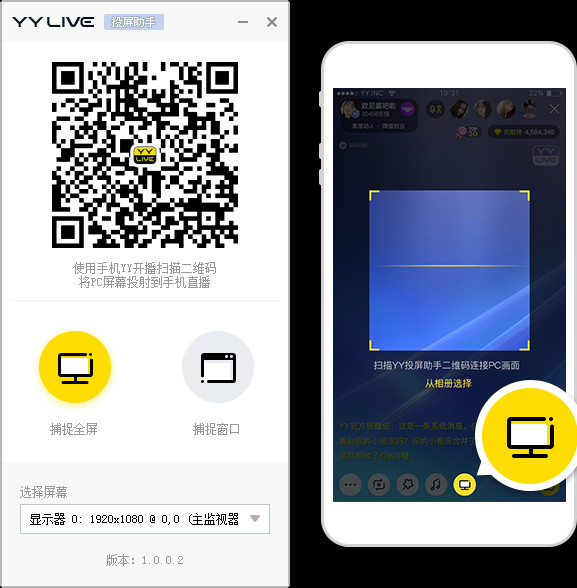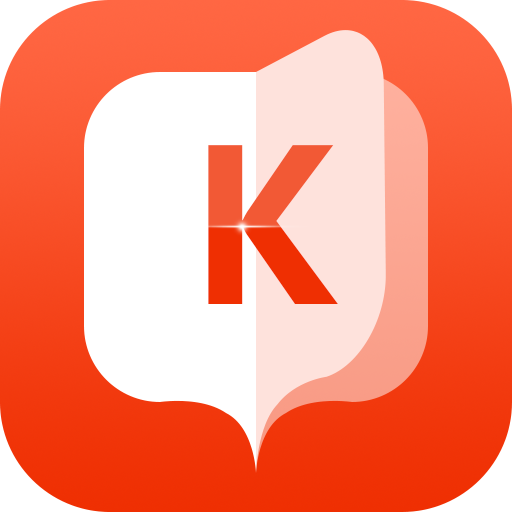The container leasing management system is an information management tool specially designed for the container leasing industry. It aims to optimize the leasing process and improve management efficiency through digital means. The system covers the entire life cycle management of containers, including core links such as warehousing, renting out, returning, and rent settlement. It also integrates data analysis, inventory monitoring, contract management and other functions to help enterprises achieve efficient allocation of resources and reduce operating costs.
Software features
Automated process management
Through automated functions such as order processing, inventory scheduling, and cost calculation, manual operation errors are reduced and management efficiency is significantly improved. For example, the system can automatically check inventory feasibility to avoid oversold or insufficient inventory; automatically calculate rent based on order information and generate a fee preview.
Data transparency and decision support
Track container location, status and leasing status in real time, provide multi-dimensional data reports (such as leasing statistics, inventory details, financial analysis), and support custom query and export. Based on the data analysis results, the system can generate intelligent decision-making suggestions to help enterprises optimize management strategies.
High degree of customization and flexibility
Supports the adjustment of functional modules according to the actual needs of the enterprise, such as cabinet setting, customer information management, yard information configuration, etc. Some systems (such as Panpu Software) provide a powerful secondary development environment, and users can expand functions by themselves or entrust the development team to customize solutions.
Multi-user collaboration and security
Support multiple users to operate online at the same time, realizing real-time information sharing and collaborative work. Use advanced encryption technology to ensure data security and integrity and prevent information leakage and illegal access.
Intelligent dispatching and transportation optimization
Utilize algorithms and data analysis technology to automatically optimize container scheduling and transportation routes, reducing transportation time and costs. For example, the system can develop transportation plans based on order information and inventory status, and monitor the transportation process in real time.
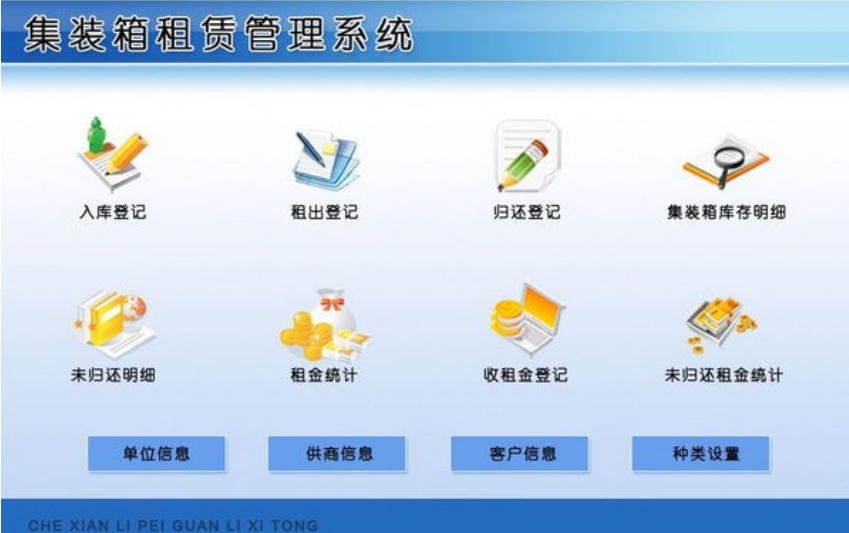
Software function
Basic information management
Unit information: Manage basic information such as enterprises, suppliers, and customers.
Cabinet type setting: Define parameters such as container type, specification, capacity, etc.
Yard information: record the storage yard location, capacity, usage status, etc.
Amount setting: Configure financial parameters such as rent standards, additional fees, and payment periods.
business management
Warehouse management: record the time, quantity, and status of containers entering the warehouse, and update inventory information.
Rental management: Process leasing orders, record rental time, objects, and container details, and support lease period management and lease renewal reminders.
Return management: Register return time, quantity, status, automatically update inventory and trigger data analysis.
Rent management: Automatically calculate rent according to the lease contract, generate settlement reports and statements, and support multiple payment methods.
financial management
Receivables/Payables Management: Track rental income and expenses, generate statements and financial statements.
Other income/expenses: Record additional expenses such as repairs, maintenance, transportation, etc.
Business analysis: Provide in-depth reports such as vehicle fare inquiry, vehicle revenue and expenditure accounting, and fuel consumption analysis.
Inventory and transportation management
Inventory monitoring: Real-time display of container quantity, location, and usage status, triggering out-of-stock warnings.
Shipping planning: Automatically develop shipping routes, tools and schedules based on orders and inventory.
Process monitoring: Track transportation location, speed, and estimated arrival time through IoT technology.
Contract and approval management
Contract generation: Supports the rapid generation of standardized lease contracts and customized clause content.
Approval process: A built-in multi-level approval mechanism ensures the standardization of the entire contract process from drafting to signing.
Execution tracking: monitor contract performance status in real time, and automatically send reminders for rent payment, lease expiration, etc.
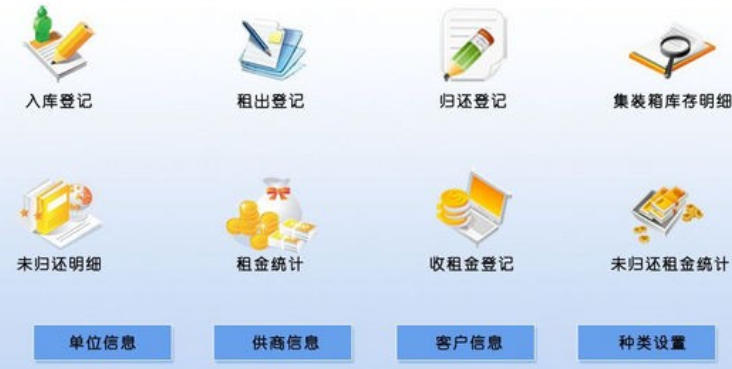
Software common problems and solutions
Data entry errors
Reason: Human negligence or improper system operation resulted in inaccurate information such as rental item specifications, quantity, rental period, etc.
Solution: Strengthen the data entry verification mechanism, establish an audit process, and conduct regular verification of key data.
Contract management confusion
Reason: The contract change and renewal procedures are complicated and the approval process is not smooth.
Solution: Use the system's contract management function to implement automatic numbering, version control, and expiration reminders to simplify the process and reduce risks.
Container rental management system update log:
1. Fixed several bugs;
2. Optimize details;
Huajun editor recommends:
The container rental management system can help you solve many problems. I believe that as long as you dare to use it, you will definitely fall in love with it. We also recommend you Leyi integrated ceiling design software, .NET, and Cloud Machine Manager.


